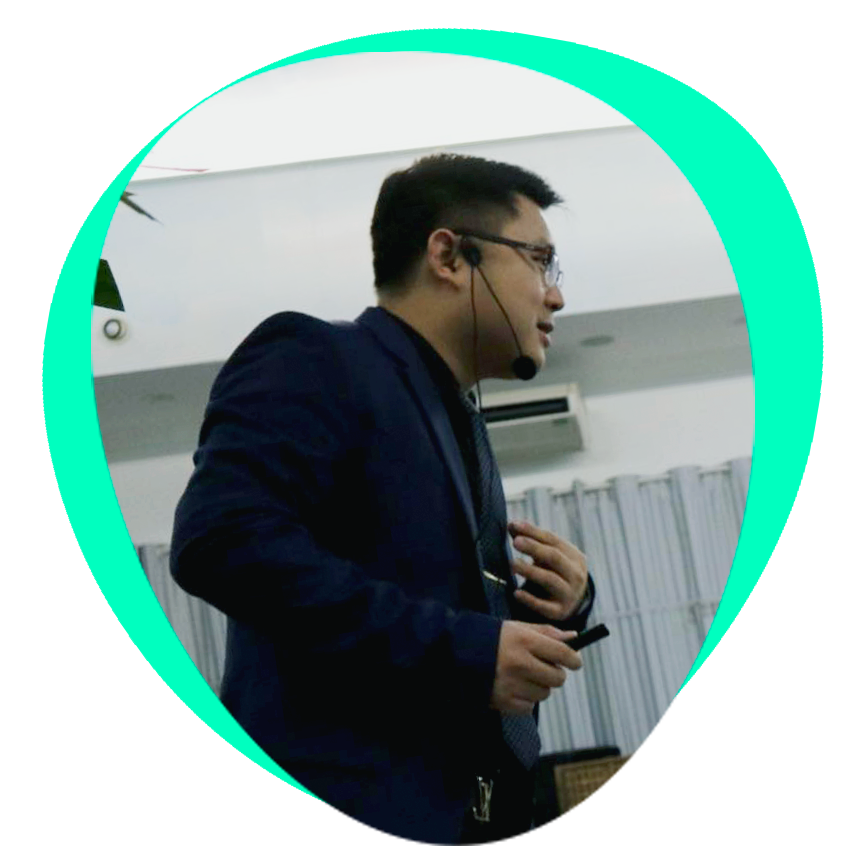တစ်ရွာမပြောင်းသူကောင်းမဖြစ်။
သေချင်တဲ့ ကျားတောပြောင်း။
တစ်ရွာမပြောင်း သူကောင်းမဖြစ်မှာ
အခြေခံယူဆချက်က
သူကောင်းမဖြစ်သေး၊ မတိုးတက်သေး၊
အဲ့လိုလူမျိုးက ပြောင်းရမှာမကြောက်သင့်ကြောင်း
အကြံပေးတဲ့ အဆိုအမိန့်တစ်ခုဖြစ်နိုင်တယ်။
ကျားဆိုတာ အင်အားကြီးတဲ့သူပေါ့။
နေရာတစ်ခု၊ နယ်ပယ်တစ်ခုမှာ ဆရာကြီးဖြစ်ပြီးသား
ဒါကို ကိုယ့်နေရာကိုယ်၊ ကိုယ့်နယ်မြေကိုကိုယ်မသိပဲ
နေရာပြောင်းရင် သေသွားနိုင်တယ်။
ကိုယ့်ရဲ့အဓိကနေရာ၊ ကျက်စားရာနေရာကို
လုံးဝပြစ်ပယ်ပြီး နောက်တစ်နေရာကိုသွားတာ
မလုပ်ဖို့ အကြံပေးတာဖြစ်တယ်။
မော်ဒယ်တင်းကင်း (Model Thinking) အသုံးပြု
စဥ်းစားမယ်ဆိုရင် ဒီလိုစဥ်းစားလို့ရတယ်။
“တစ်ရွာမပြောင်းသူကောင်းမဖြစ်။” – “A person who doesn’t change villages won’t be successful.”
“သေချင်တဲ့ ကျားတောပြောင်း။” – “A tiger that wants to die changes its forest.”
In the context of model thinking, as discussed in Scott E. Page’s “Model Thinker,” these proverbs can be interpreted as follows:
Adaptability and Learning: The first saying suggests that sticking to one’s familiar environment without exploring new ones can limit personal growth and success. In model thinking, this can be understood as the limitation of using a single model or perspective. Just as a person benefits from experiencing different villages (environments), using a range of models can lead to a better understanding of complex problems.
Risk of Change in Established Systems: The second proverb implies that a dominant or successful entity (like a tiger in its forest) risks its position or life by changing its environment. In terms of model thinking, this reflects the risk inherent in changing a well-established system or model. While change can lead to improvement, it can also introduce uncertainty and risk, especially if the current system or model is already functioning effectively.
These proverbs highlight two important aspects in model thinking:
The Value of Multiple Perspectives: Embracing different models (or “villages”) can provide a more comprehensive understanding of complex situations.
Risk Assessment in Change: Changing an established model (or “forest”) should be approached with caution, considering the potential risks and benefits.
In conclusion, both proverbs, when viewed through the lens of model thinking, emphasize the importance of adaptability and the careful evaluation of changing established systems or perspectives.
Phyo Paing @ Derek
Most Popular Posts
ကိုယ့်ရွေးချယ်မှုပဲ။
February 15, 2026
ကိုယ်နဲ့ ကီးကိုက်တဲ့သူ။
February 12, 2026
ဘဝအတွက် ဓနနဲ့ ဓမ္မလိုတယ်။
February 11, 2026
ဒါကို ရပ်ပြီး လားရာပြောင်းနိုင်မှဘဝက ပိုကောင်းလာနိုင်မယ်။
February 9, 2026








